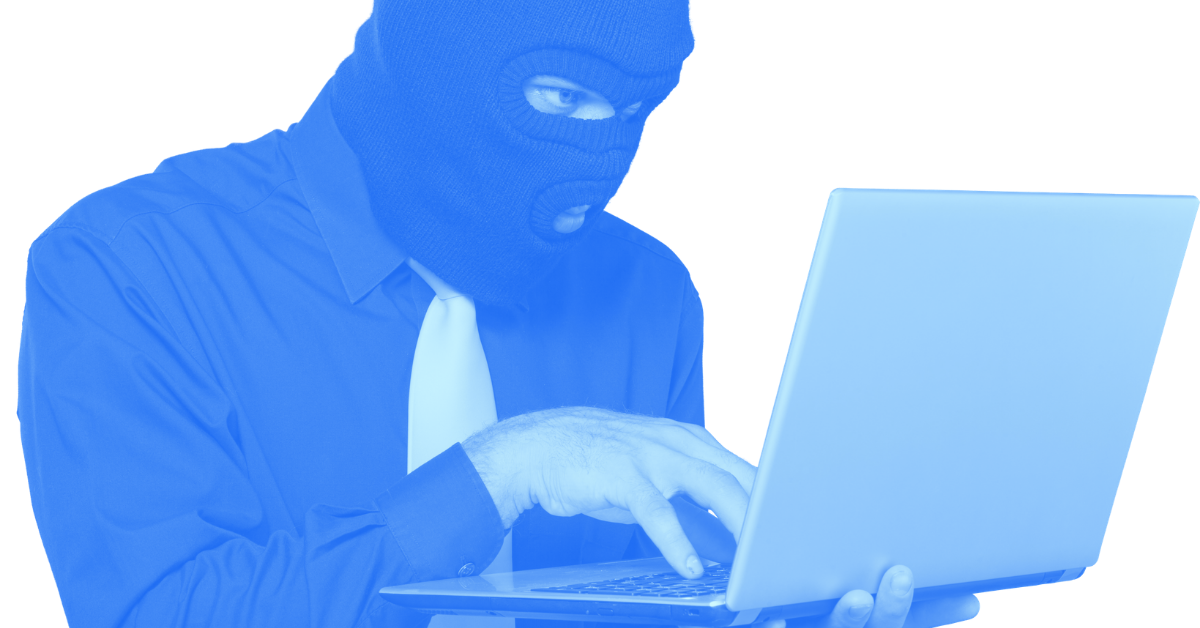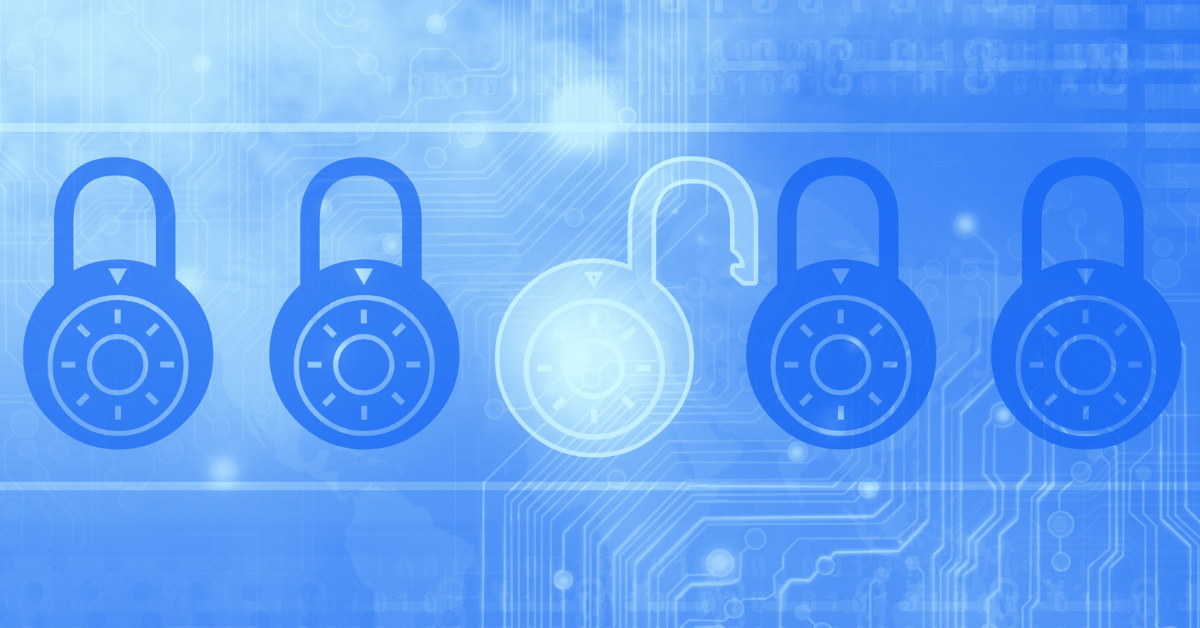Happy spring! Now that winter is over, it’s spring cleaning time for many. If you’re a KonMari method devotee, you know one important part of tidying is step 3: paper. But while you can donate clothes and trash outdated food without risking your personal information, paperwork privacy is a different story.
You might be wondering why we’re talking tidying trends on a financial planning website, but your personal information — whether it’s insurance or account statements, legal documents, or utility bills — plays a major role in your life and finances.
And don’t forget about the digital documentation that can clutter your computer and the cloud. That’s why we’re offering tips about tidying and protecting your information, both in hard copy and digitally.
Paper Tidying Fundamentals
- Shred.
- Use multiple passwords and multi-factor authentication (where available).
- Keep your antivirus and security software up to date.
- Check your credit report regularly — get one free report from each of the three major bureaus annually at AnnualCreditReport.com.
While the last three are rather self-explanatory, what should you shred? What should you keep? And where should you keep it?
If you’re a devout Financial Planning Fort Collins blog follower, you may already be tidying your paperwork via a digital safe deposit box. If so, you already know you can keep copies of the paperwork you’ll need forever but likely won’t need often — like your Social Security card, birth certificate, and marriage license — in a safe deposit box or fireproof safe and note their physical locations in your digital document archive.
But how long should you save other documents — like tax returns, insurance information, and the like? Let’s break it down.
What to Save — And What to Shred
1. “Forever” documents — Items like your birth certificate, Social Security card, marriage license, and more are keepers. No shredding here: Hold these in a safe place with a digital backup throughout your lifetime.
2. Driver’s license or state ID and passport — As long as yours is current, it’s the only one you need. It’s not necessary to hold onto expired identification, although some do as sentimental keepsakes of living in another state, visiting a foreign country — or because a funny photo sparks joy. Don’t forget: These IDs can also include personal information like your home address, birthdate, hair and eye color, your photo, and more. It’s a good idea to keep expired identification in a secure location if you choose to keep it.
3. Tax returns — The IRS recommends holding onto your information for at least three years. Those with special circumstances might want to keep documents longer under IRS guidelines, however. Check in with your tax professional and consider your situation rather than shredding these docs before their time.
4. Utility bills — It can be helpful to look back on old utility bills to see how much inflation has changed prices or your usage has changed costs over time. Luckily, many utility companies offer comparison features in the client portal sections of their websites or apps. Since there’s no legal need to save this type of paperwork, you could scan the originals to declutter rather than having them take up space. Just be sure to shred the physical copies as they can contain personally identifiable information like your address.
5. Insurance statements — Of course, you’ll be holding onto your insurance cards for the coverage duration, but do you need to keep them or the detailed statements longer? Probably not. Your insurance company likely keeps your coverage and payment information history on file. Like utility bills, you may consider keeping a digital backup. Just be sure to shred again as insurance statements usually contain multiple bits of your info, including your home address, vehicle information number (VIN), a list of other insured assets, and more.
6. Receipts — With more businesses making receipts available via text, others allowing purchasers to choose an email option, and some not even printing the papers without a request, the days of wallets filled with receipts are becoming a thing of the past. It’s important to keep any receipts necessary for tracking your spending and budgeting. But once you’ve recorded the transactions, you can generally throw the receipts away — unless you’re a seasoned shopper who sees the potential for a return or exchange in the future. Keep in mind that bank and ATM receipts are a bit different from the slips you receive after buying groceries or gas. Those from ATMs and the bank can show the total you have in your bank account and can also include account numbers. When you’re ready to toss these receipts, shredding is, again, likely your best bet.
Diving Into the Details
Why all the shredding? It’s both a safe and environmentally friendly way to say goodbye to your info — without anyone else being able to get their hands on it.
Don’t own a shredder — and don’t care to splurge for one? You might be able to find a community paper shredding day on your municipal calendar, or your local recycling center may offer the service for a fee.
Similar to securing your physical paperwork, you can use this time as an opportunity to check in on the passwords that protect your digital documents and information. Have you used the same password for more than one login? Change them up so, if a hacker obtains one password, he or she won’t have access to multiple accounts. If you’re already using secure passwords, consider adding multi-factor authentication to increase your safety. Need a secure place to store everything? You may consider a password manager so you can beef up your online safety without having to remember it all.
Then take your digital protection to the next level by reviewing and updating your security and antivirus software. This is especially important if the company you use is no longer issuing updates in today’s rapidly evolving threat landscape. That’s because many cybercriminals exploit gaps in outdated software. While you’re at it, check to see if you’ve missed any updates on your devices, like your phone, tablet, and computer to get their security in check.
Once your information and devices are secure, go for the broad view of your life by checking your credit report. If anything appears abnormal — it lists a credit card you didn’t open or you see a hard pull from a company you didn’t interact with — dig deeper to ensure the safety and security of your identity.
Online Shopping Pro(tection) Tip
When your digital and physical paperwork is in order, it’s easier to keep your life in order. From facilitating finance to simplifying your filing system, a little tidying can go a long way.


 About the Author
About the Author

